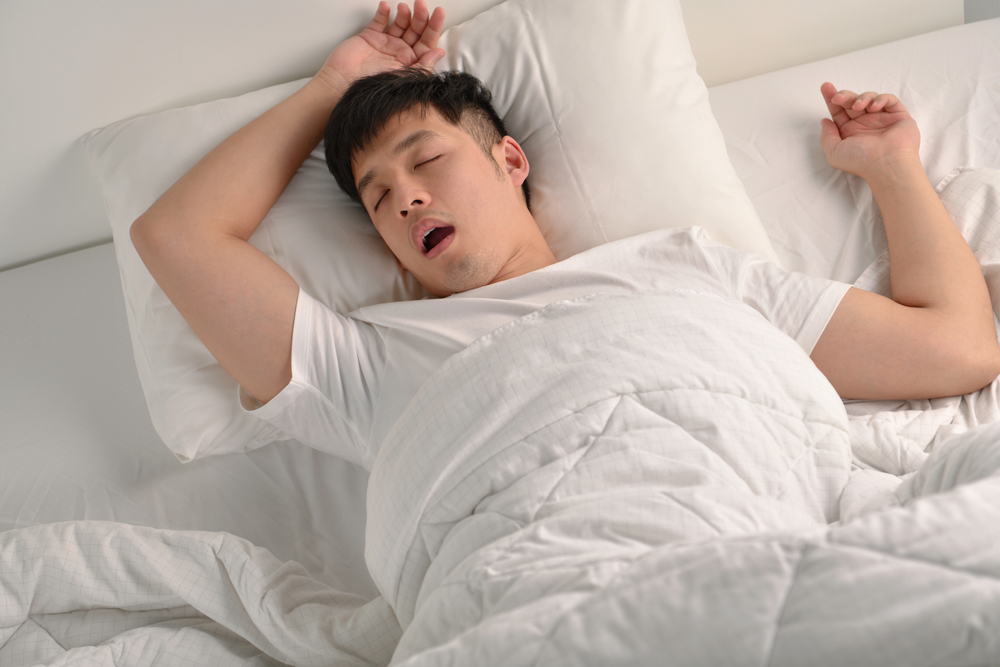You’ve been familiar with the concept of sleep apnea but never considered it a personal concern. However, prompted by your partner’s frustration with your incessant snoring and frequent awakenings, you underwent evaluation and received a sleep apnea diagnosis. Now, with this diagnosis in hand, you may wonder: Should you be concerned, and what implications does a sleep apnea diagnosis hold for you?
Don’t ignore sleep apnea
Do not take your condition lightly. Obstructive sleep apnea (OSA) is a dangerous sleep disorder in which you stop breathing hundreds of times during the night.
It happens when the muscles in your upper airway relax, causing a narrowing that obstructs normal breathing. This prevents the intake of adequate air, subsequently reducing oxygen levels in your blood. In response to this issue, your brain prompts frequent awakenings throughout the night. As a result, you’re deprived of the essential deep and restful sleep that we all require.
Don’t ignore your symptoms—sleepiness, lack of concentration during the day, dry mouth and headache in the morning, daytime fatigue, irritability, and reduced sex drive to name a few.
Understand how sleep apnea impacts your health
Obstructive Sleep Apnea (OSA) has lasting implications for your overall health. Numerous case studies have revealed a correlation between OSA and various health issues, including type 2 diabetes, heart attacks, strokes, atrial fibrillation, liver problems, and a reduced lifespan.
It’s noteworthy that obesity often accompanies OSA, significantly increasing the risk of these medical complications. In many instances, obesity serves as the underlying cause of conditions like type 2 diabetes, heart attacks, and strokes.
Get a personalized sleep apnea treatment plan
A patient’s sleep apnea treatment plan depends on the level of OSA they have. There are three levels from mild to severe.
For mild sleep apnea patients, lifestyle changes may be recommended, such as:
- Losing weight
- Getting diabetes levels safe
- Sleeping on your side
- Quitting smoking
- Avoiding heavy meals, alcohol, and caffeine before bed
For more severe cases, the primary treatment approach involves the use of a Continuous Positive Airflow Pressure (CPAP) machine. This device provides humidified air throughout the night, effectively keeping the airway open.
There are less obtrusive options available as well. Talk with a specialist about whether you could be a candidate.
Surgery is a last resort if other treatments are not successful.
Sleep apnea can be effectively managed with the right treatment plan. If you have symptoms or have been recently diagnosed, schedule an appointment with an ENT specialist to take the next step towards navigating your condition.
